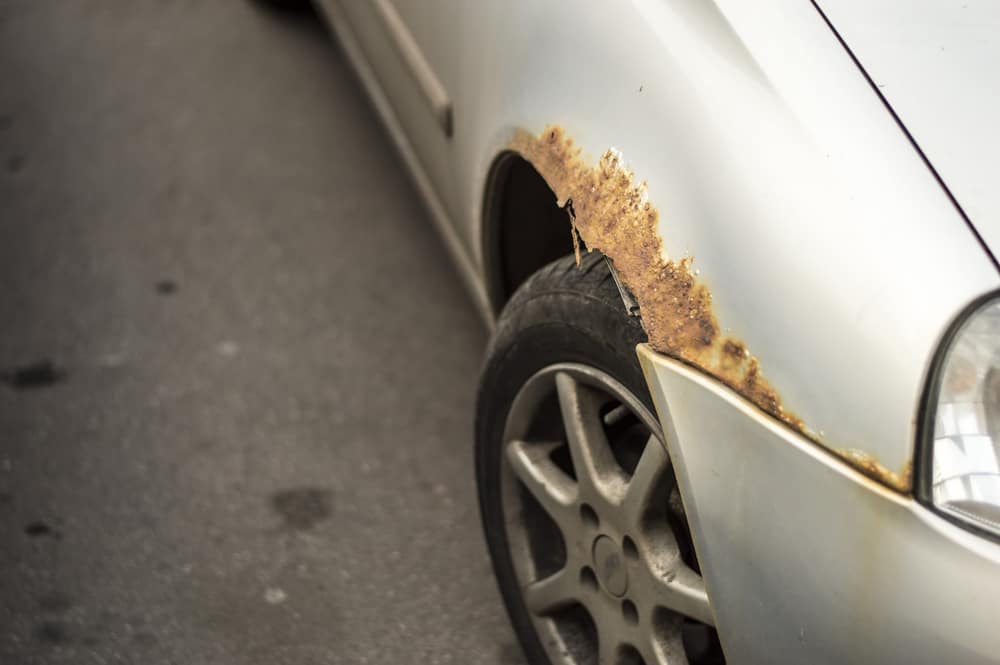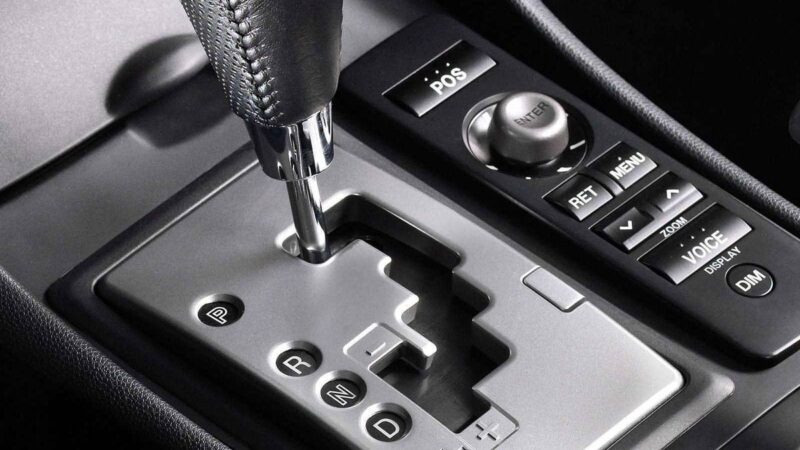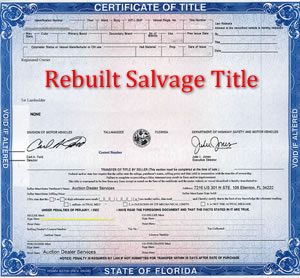Car Maintenance Guide: Daily, Weekly, Monthly, and Mileage-Based Tasks
Maintaining your car regularly is crucial for ensuring its longevity, performance, and safety. Here’s a detailed guide on what you should check and maintain on a daily, weekly, monthly, and mileage-based schedule.
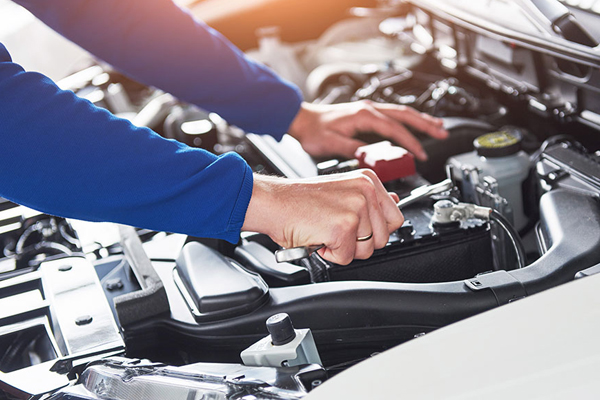
Daily Maintenance
- Visual Inspection: Walk around your car and check for any visible issues like flat tires, leaks, or damage. This quick inspection can help you catch problems early before they become serious.
- Dashboard Indicators: Ensure no warning lights are on. If any are, address them immediately. Ignoring warning lights can lead to more significant issues down the road.
- Cleanliness: Keep the interior and exterior clean to prevent long-term damage from dirt and debris. Regular cleaning also helps maintain the car’s resale value and makes your driving experience more pleasant.
Weekly Maintenance
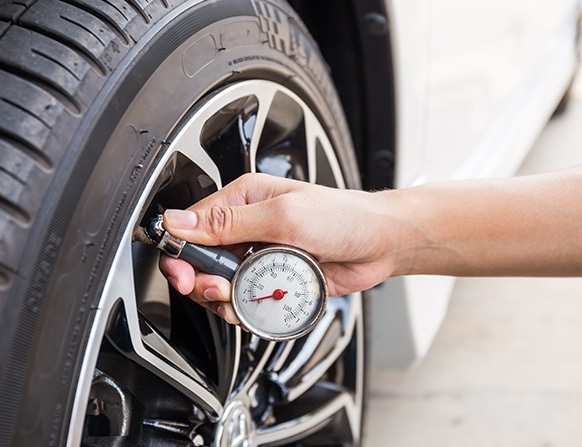
- Tire Pressure: Check and adjust tire pressure to the recommended levels. Properly inflated tires improve fuel efficiency, handling, and safety. Under-inflated tires can lead to poor fuel economy and increased wear.
- Fluid Levels: Check the levels of essential fluids such as engine oil, coolant, brake fluid, and windshield washer fluid. Top them up if necessary. Maintaining proper fluid levels ensures that your car runs smoothly and prevents potential damage.
- Lights and Signals: Ensure all headlights, brake lights, turn signals, and hazard lights are functioning correctly. Properly working lights are crucial for your safety and the safety of others on the road.
Monthly Maintenance
- Battery Check: Inspect the battery terminals for corrosion and ensure the battery is securely mounted. A clean and secure battery connection is essential for reliable starting and electrical system performance.
- Air Filter: Check the engine air filter and replace it if it’s dirty. A clean air filter improves engine performance and fuel efficiency by allowing the engine to breathe properly.
- Belts and Hoses: Inspect belts and hoses for any signs of wear, cracks, or leaks. Replace them if necessary. Worn belts and hoses can lead to engine overheating and other serious issues.
- Wiper Blades: Check the condition of the wiper blades and replace them if they are worn out or not cleaning effectively. Good wiper blades are essential for clear visibility during rain and snow.
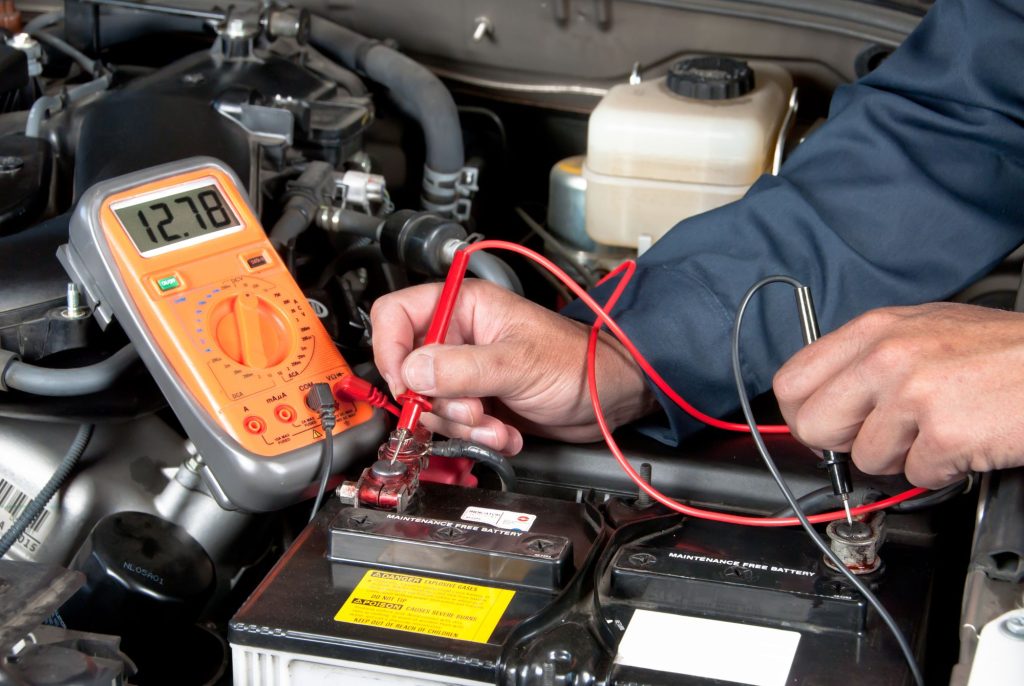
Every 5,000 to 10,000 Kilometers
- Oil Change: Change the engine oil and oil filter. Regular oil changes are vital for engine health, as they keep the engine lubricated and prevent wear and tear.
- Tire Rotation: Rotate the tires to ensure even wear and extend their lifespan. Even tire wear improves handling and safety.
- Brake Inspection: Inspect the brake pads, rotors, and fluid. Replace any worn components. Properly functioning brakes are crucial for your safety.
- Alignment and Balancing: Check the wheel alignment and balance to prevent uneven tire wear and improve handling. Misaligned wheels can cause your car to pull to one side and lead to premature tire wear.
Every 20,000 to 30,000 Kilometers
- Transmission Fluid: Check and replace the transmission fluid if necessary. This helps in smooth gear shifts and prolongs transmission life. Dirty or low transmission fluid can cause shifting problems and damage the transmission.
- Fuel System: Clean the fuel system to remove any deposits and ensure optimal fuel efficiency. A clean fuel system helps your engine run smoothly and efficiently.
- Cabin Air Filter: Replace the cabin air filter to maintain good air quality inside the car. A clean cabin air filter ensures that the air inside your car is free from dust and allergens.
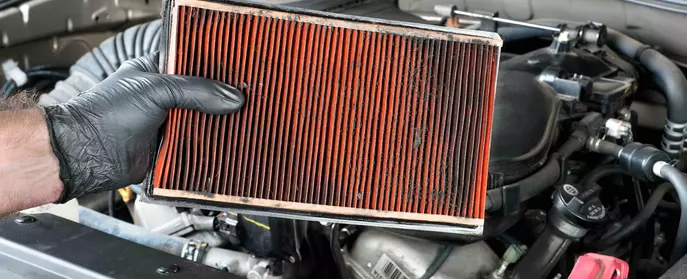
Every 50,000 to 100,000 Kilometers
- Spark Plugs: Replace the spark plugs to ensure efficient combustion and engine performance. Worn spark plugs can cause misfires and reduce fuel efficiency.
- Timing Belt: Inspect and replace the timing belt if necessary. A worn timing belt can cause severe engine damage if it breaks. Replacing it at the recommended interval can prevent costly repairs.
- Coolant: Flush and replace the coolant to prevent overheating and corrosion within the cooling system. Fresh coolant helps maintain the engine’s temperature and prevents rust and corrosion.
Seasonal Maintenance
- Winter Preparation: Check antifreeze levels, battery health, and tire tread depth. Consider switching to winter tires for better traction in snow and ice. Winterizing your car ensures it can handle cold temperatures and slippery roads.
- Summer Preparation: Ensure the air conditioning system is working efficiently and check the coolant levels. Proper cooling is essential for comfort and preventing engine overheating during hot weather.
By following this comprehensive maintenance schedule, you can keep your car running smoothly and avoid unexpected breakdowns. Regular maintenance not only enhances the performance and safety of your vehicle but also helps in retaining its value over time. Investing a little time and effort into maintaining your car can save you from costly repairs and ensure a safer, more enjoyable driving experience.
Do you have any specific questions about car maintenance or need advice on a particular issue?
Sources : BridgeStone


